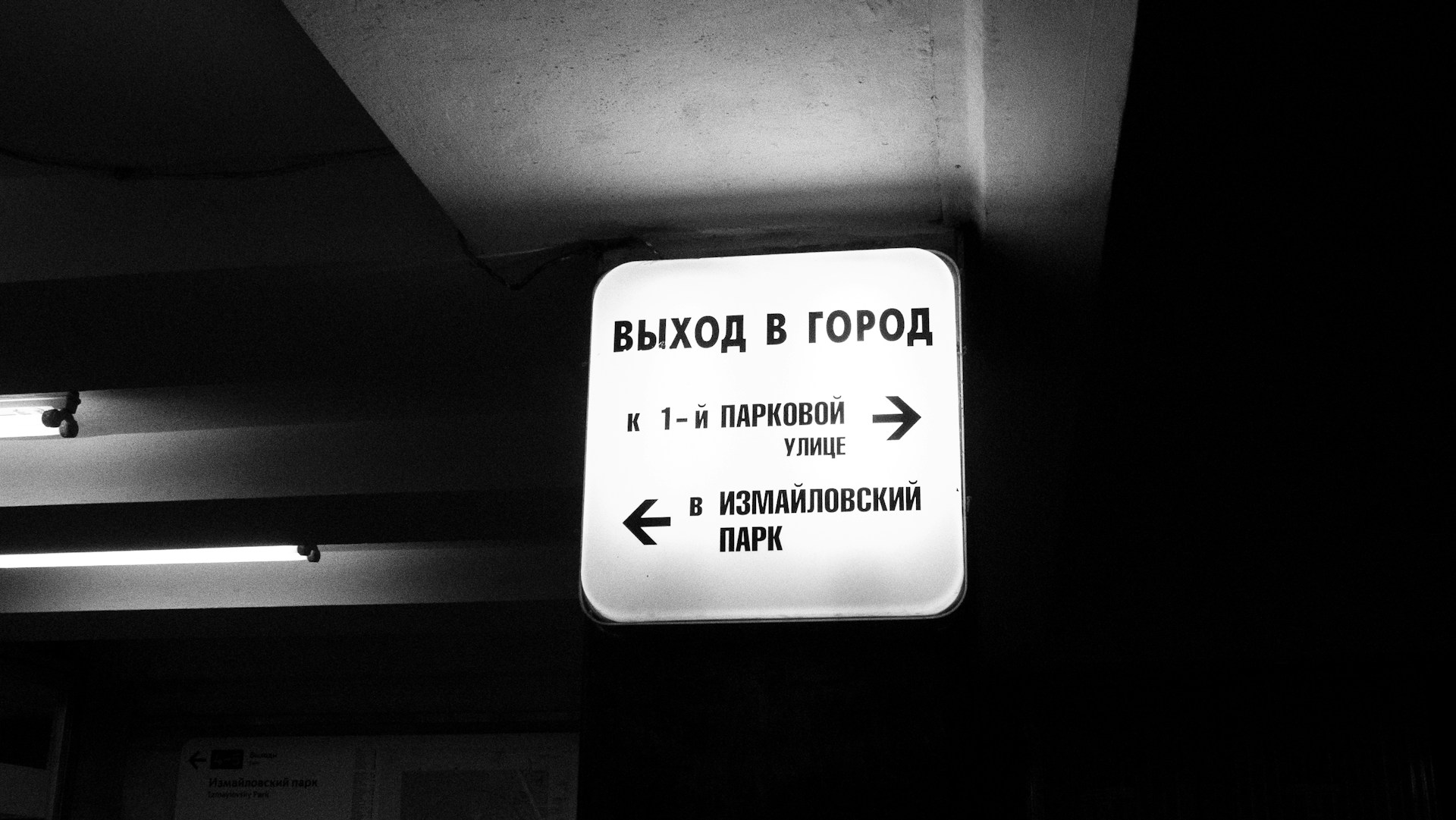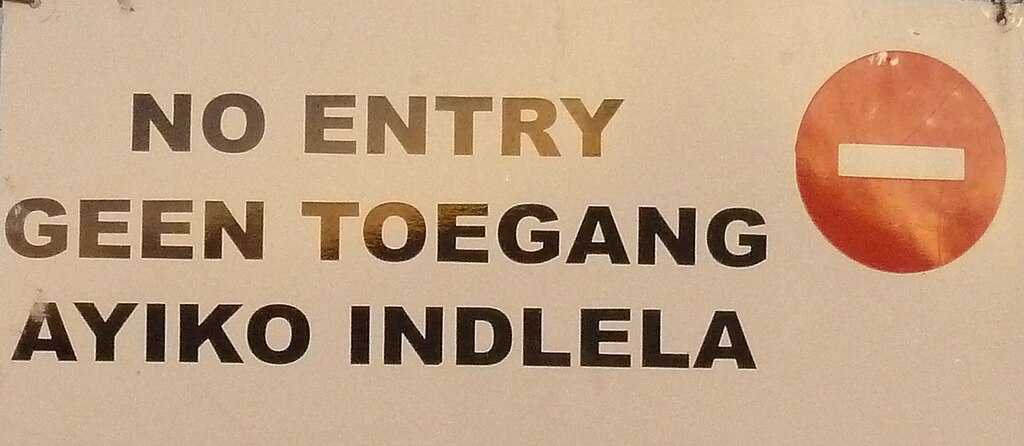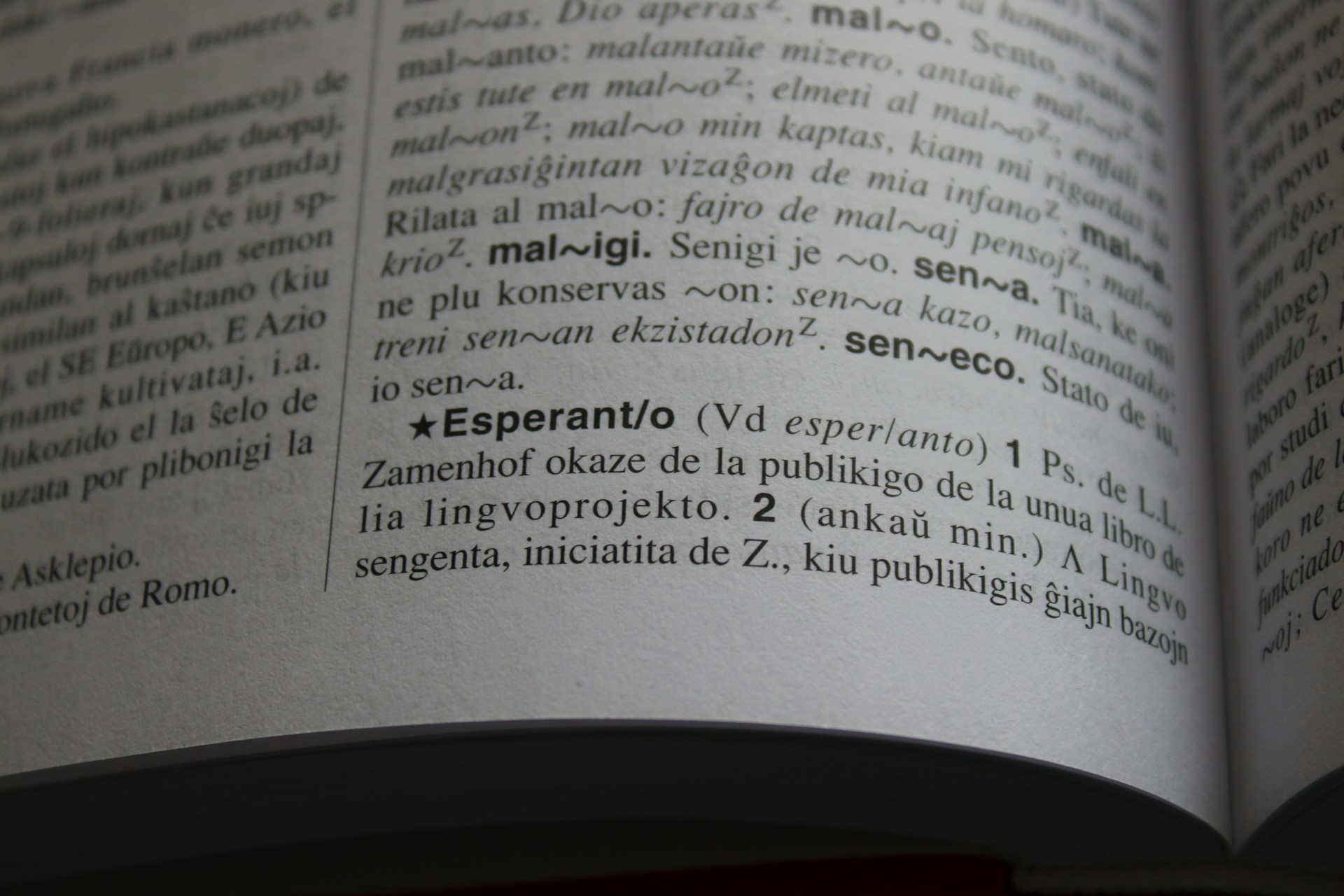Now You’re Talking My Language
Learning a new language is often seen as one of the most daunting and stressful experiences a person could undertake. While there is merit to this notion — ultimately, it all depends on the language in question. As a proficient English speaker, you’re far more predisposed to learning certain languages than others. So here’s a handy list of the 10 easiest languages to learn as well as the 10 hardest.
 Photo by sean Kong on Unsplash
Photo by sean Kong on Unsplash
1. Spanish
Often the go-to new language for English speakers, it’s really no surprise that so many people flock to Spanish. Firstly, its phonetic nature and effortless grammar are rather easy for you to pick up on, while its vocabulary is full of cognates with English — meaning that you’ll already have a head start before you do anything.

2. French
Thanks to its historical influence, French is another in a long line of Romance languages that overlap with English (especially vocabulary). Additionally, its global prominence, painless grammar structure, and a multitude of resources make French a great choice for new learners despite some of the more difficult pronunciations.
 Photo by Rémi Müller on Unsplash
Photo by Rémi Müller on Unsplash
3. Italian
Although not as widespread as French or Spanish, Italian is a great choice for anyone looking to learn a new language. Not only is it shrouded in a rich cultural context, but it also boasts consistent grammar rules and predictable verb conjugation patterns which make it easier to learn, especially if you have some grasp of any Romance language.
 Photo by Gabriella Clare Marino on Unsplash
Photo by Gabriella Clare Marino on Unsplash
4. Portuguese
As a language that shares many similarities with Spanish, Portuguese is a tremendously accessible language for new learners, especially English speakers. Although European and Brazilian dialects do vary in terms of pronunciation, its vocabulary and grammar are relatively straightforward and universal across the board.
 Photo by Thiago Cardoso on Unsplash
Photo by Thiago Cardoso on Unsplash
5. Dutch
Despite being infamous for its rather difficult pronunciations, many English speakers will quickly find their footing while attempting to learn Dutch. That’s because Dutch, due to its Germanic roots, contains an almost identical grammatical structure to English, not to mention a vocabulary that’s rife with familiar-sounding words.
 Photo by micheile henderson on Unsplash
Photo by micheile henderson on Unsplash
6. Norwegian
Although probably not the first language that comes to mind when discussing easy languages to learn, Norwegian is remarkably accessible for English speakers. Due in part to its similarities with English grammar and relatively simple word pronunciation, Norwegian is a surprisingly easy language to learn despite what you may think.
 Photo by Stock Birken on Unsplash
Photo by Stock Birken on Unsplash
7. Swedish
Despite what a casual stroll through IKEA may have you think, Swedish is surprisingly similar to English in many ways, particularly in syntax and vocabulary. Moreover, Swedish has a straightforward grammatical structure and predictable pronunciation rules that make learning the language far less daunting for newbies.
 Photo by Serge Taeymans on Unsplash
Photo by Serge Taeymans on Unsplash
8. Danish
Another Scandinavian language to add to your wish list, Danish shares many similarities with its Nordic contemporaries thanks in part to its Germanic roots. Although pronunciation does pose a bit of a challenge, the Danish language also boasts few verb conjugations and no case system — making it a lot more approachable for new learners than you would think.
 Photo by Markus Spiske on Unsplash
Photo by Markus Spiske on Unsplash
9. Afrikaans
Spoken in several African countries including South Africa and Nambia, Afrikaans shares many similarities with English thanks to its Germanic roots. This makes it far easier for English speakers to learn as its vocabulary and syntax will be relatively familiar. Moreover, Afrikaans features a stripped-back and simplistic grammatical structure devoid of conjugations, noun genders and cases.
10. Esperanto
Drawing from several prominent European languages, Esperanto was specifically designed as a simple universal second language in 1887. Featuring phonetic spelling, fluid grammar, and a familiar vocabulary, Esperanto is a language that was made to be easy to learn.
1. Mandarin Chinese
Often cited as one of the most difficult to grasp, Mandarin Chinese has immense value as a globally significant language. Its steep learning curve is mostly attributed to the profoundly tonal nature of the language, whereby changes in vocal pitch can affect the meaning of a word — that and the fact that Mandarin uses thousands of unique characters as opposed to a concise alphabet.
 Photo by Phill Brown on Unsplash
Photo by Phill Brown on Unsplash
2. Arabic
Due to several reasons, Arabic is quite possibly one of the most demanding languages for English speakers to learn. Most notably it's difficult-to-master pronunciation, complex grammar, script (written right to left), and a multitude of dialects that can vary greatly from Modern Standard Arabic.
 Photo by Rawan Yasser on Unsplash
Photo by Rawan Yasser on Unsplash
3. Japanese
Boasting three separate writing systems and a grammar and sentence structure unlike anything seen in English, it’s no surprise that so many people find it challenging to learn Japanese. Plus, its reliance on thousands of characters, as well as the use of honorifics and distinct levels of politeness, add even more complexity to language that’s already abundantly difficult to learn.
 Photo by Hakan Nural on Unsplash
Photo by Hakan Nural on Unsplash
4. Korean
Due to its elaborate grammar and sentence structure, many English speakers regularly rank Korean among the world’s most arduous languages to learn. Not only is its vocabulary vastly different from English, but its honorifics and speech levels add an extra level of social nuance that only serves to complicate matters even further.
5. Russian
The Russian language poses an immense challenge for any speaker that is unfamiliar with Slavic languages. Its intricate grammar, difficult-to-master pronunciations, and Cyrillic alphabet all culminate in creating a language that will require a great deal of practice and determination to get the hang of.
 Photo by Adrian Negura on Unsplash
Photo by Adrian Negura on Unsplash
6. Hungarian
Although not so much a problem with pronunciation, Hungarian does pose a significant challenge for any would-be beginner. Along with a complex grammatical structure that includes 18 cases, Hungarian also contains a vocabulary that has very little in common with other European languages — ultimately making it a remarkably toilsome language to learn let alone master.
 Photo by David Karásek on Unsplash
Photo by David Karásek on Unsplash
7. Finnish
Much like Hungarian, Finnish has very little in common with its European counterparts. With its complex grammar, extensive use of suffixes, and difficult-to-grasp vocabulary, Finnish is a notoriously challenging language to learn for English speakers and non-English speakers alike.
 Photo by Jack Valley on Unsplash
Photo by Jack Valley on Unsplash
8. Icelandic
Icelandic, along with being a relatively niche language that very few people speak, poses a challenge to learners due to its archaic vocabulary and complicated grammar. Beyond that, many people find its abundance of declensions for nouns, adjectives, and pronouns very hard to grasp.
 Photo by Bernd 📷 Dittrich on Unsplash
Photo by Bernd 📷 Dittrich on Unsplash
9. Polish
Due to its intricate grammar and rather demanding pronunciation, Polish is one of the hardest languages to learn. Its grammar alone contains seven cases and a strong reliance on inflection, while its pronunciations are rife with consonant clusters and nasal vowels that can prove to be quite the hurdle for any would-be learners.
 Photo by Kasia Derenda on Unsplash
Photo by Kasia Derenda on Unsplash
10. Basque
A language as difficult to master as it is unique, Basque is unlike most other languages in that it has no known relatives. This — along with its complex grammar and rarity — makes Basque an incredibly inaccessible and arduous language to learn.











